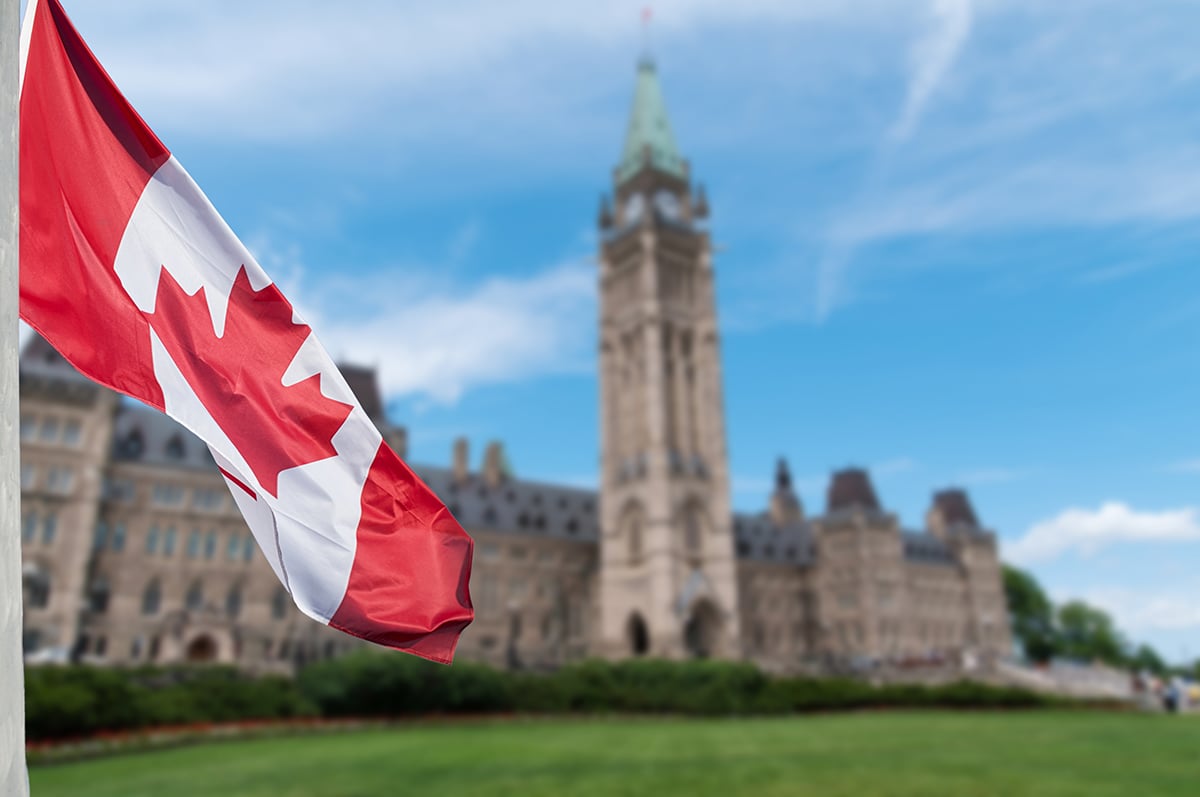The Canadian federal government has announced its plans to bolster the monitoring of foreign election interference during four upcoming by elections scheduled for next month.
The byelections, set for June 19, will occur in Manitoba’s Portage—Lisgar and Winnipeg South Centre, Ontario’s Oxford, and Quebec’s Notre-Dame-de-Grâce—Westmount. The government has deemed these elections critical and has implemented “enhanced” surveillance measures to mitigate potential threats during the campaign period.
Amid mounting criticism over handling reported Chinese interference in Canadian elections and society, the federal government has faced calls for a public inquiry. Prime Minister Justin Trudeau has delegated the responsibility of determining the need for an investigation to David Johnston, who currently serves as a special rapporteur. Johnston will decide by May 23 regarding the necessity of such an inquiry.
According to an official news release from Ottawa, the Security and Intelligence Threats (SITE) Task Force will oversee the intensified monitoring and assessment of foreign interference threats throughout the byelection period. The Deputy Minister Committee on Intelligence Response will receive these assessments, enabling them to provide briefings and guidance to ministers responsible for countering foreign interference and safeguarding Canada’s democratic institutions.
To ensure effective communication, designated representatives of political parties will also be engaged and involved, if necessary, during the byelection period.
Additionally, SITE will prepare both a classified and an unclassified report, which will be published one day after the vote. The information will include the task force’s evaluation of any instances of foreign interference identified during the byelections.
The classified report will be made available to Prime Minister Trudeau, relevant ministers, David Johnston, the National Security and Intelligence Committee of Parliamentarians, and identified party representatives possessing appropriate security clearances.
In a previous report published in February, it was determined that no foreign interference threatened the integrity of Canada’s 2021 federal election. However, attempts to interfere in the election, which did not meet the threshold for public reporting, were identified by a panel of experts responsible for monitoring election risks.
The report highlighted the findings of the Communications Security Establishment Canada (CSE), one of Canada’s intelligence agencies, which concluded that it was “very likely” for Canadian voters to encounter “some form of foreign cyber interference” leading up to and during the 2021 federal election. The report attributed these cyber activities to state actors, particularly China, Russia, and Iran.
In conclusion, the report emphasized the evolving threats to Canada and highlighted that election interference was just one component of a broader range of risks posed to the country’s democratic institutions.







